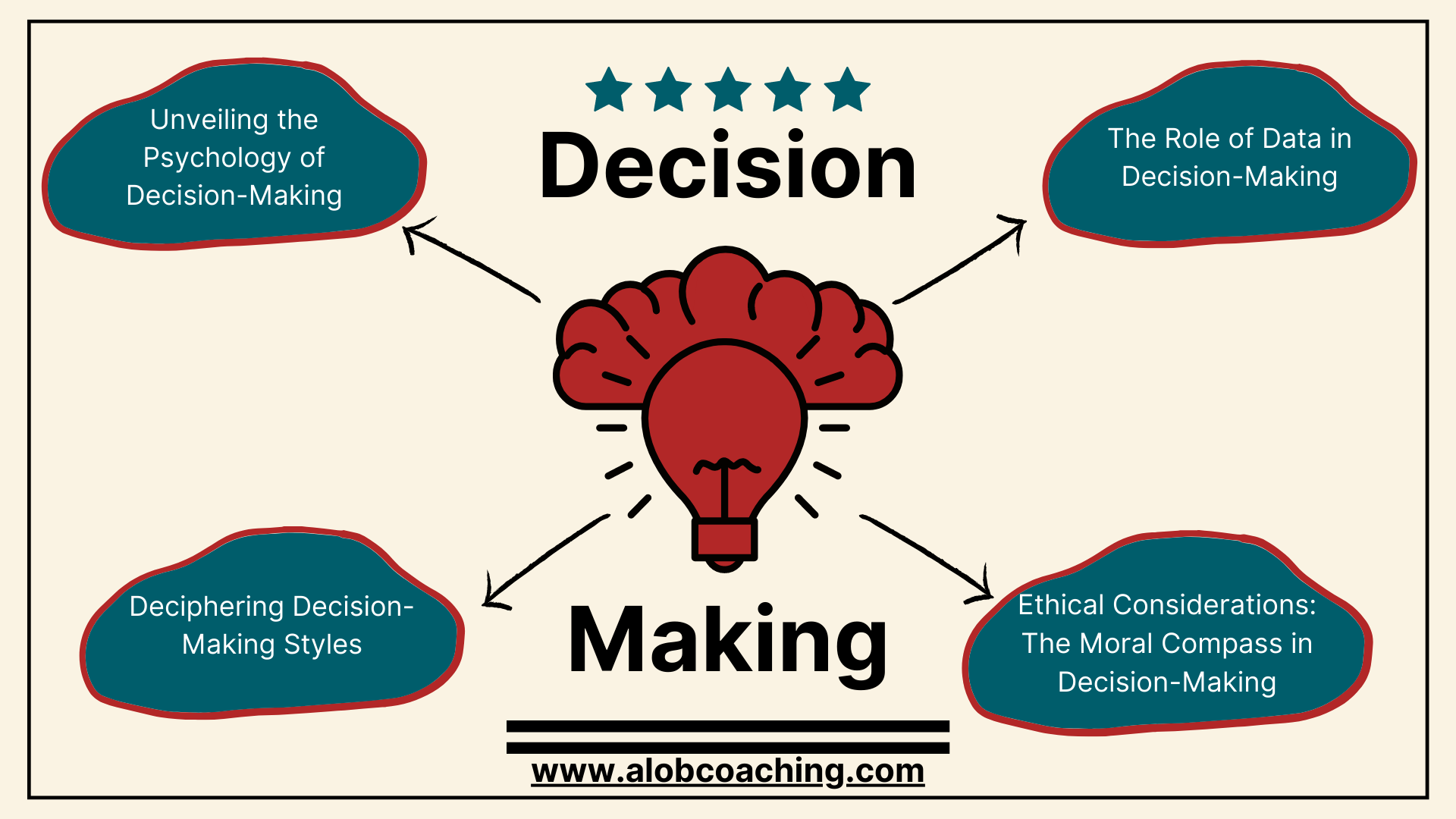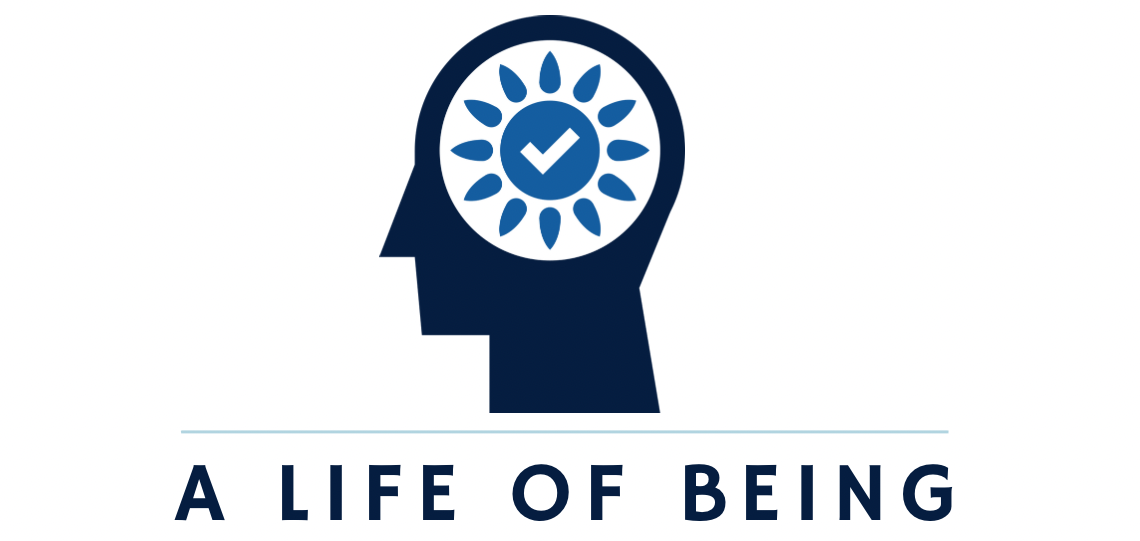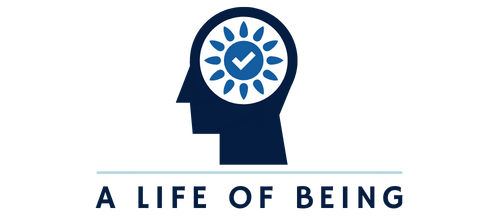How to Communicate Your Own Meaningful Why to Your Employees. How to motivate your employees.
We live in a world where work has become the dominant form of meaning. We're no longer just working to feed our families but to find fulfillment and express ourselves. But despite this shift, most companies still operate as if their employees don't have any meaning outside of work—which can be detrimental to your business and its people.
Meaningful work improves employee engagement, productivity, and happiness. And when we don't feel engaged or fulfilled at work, it negatively impacts our emotional well-being and performance on the job—which means less productivity and innovation from your team! So, how do you create a workplace where people can find meaning? The first step is to know your why.
What is your WHY?
Why are you in this industry? What do you want to do with your life? Where do you see yourself 20 years from now? These are questions that many people have but don’t necessarily know the answers to. It's easier for us to get caught up in our daily routines and forget these big-picture questions, which is why leaders and managers alike need to take some time out of their day and reflect on why they do what they do every once in a while.
It’s essential to find your WHY. Your why contribute to your meaning and motivates you to take action. It’s why you get out of bed in the morning and do what you do. Your why is your purpose, not just for yourself but for your employees. When people can connect their work with a greater sense, they feel more engaged and motivated, leading to increased work performance!
This simple exercise should take only 20 minutes of your day: write down why you wanted to lead (or got into this industry) in the first place. Once that's done, come back and look at everything on paper—are there any patterns or similarities between those reasons? If so, what can we learn from those patterns or similarities? This will help us discover our WHYs and keep ourselves motivated throughout whatever challenges come our way during our careers.
Finding Your Ikigai
What Is Ikigai?
Ikigai is a Japanese concept that roughly translates to “a reason for being.” In this context, it refers to what keeps you going and motivates you to get out of bed every morning. It’s not just working; it’s why you love what you do. For example, if your ikigai includes baking desserts for friends and family on weekends, then finding meaningful work might involve owning an ice cream shop where others can enjoy your treats! As another example, if your ikigai consists in helping people solve problems through technology (like many of our team members), finding meaningful work might mean working at a company that uses data science techniques like natural language processing or machine learning.
The process for finding your ikigai involves three steps:
- Identifying what you love is the most crucial part of finding your ikigai. You can’t build a meaningful career if you don’t enjoy what you do, so take some time to reflect on what makes you happy. Whether baking desserts or solving problems through technology, find something that aligns with your passions and interests.
- Defining your purpose and values Once you know what makes you happy, it’s time to take a step back and think about how your work can impact the world. What do you want to accomplish? How can your skills help others? What values are important to you? These are all questions that will help guide your career path.
- Discover how to make money from that passion: You may have found something you’re passionate about, but that doesn’t mean it’s easy to make money from it. If you want to turn your passion into a career, there are several ways: self-employment, freelancing, entrepreneurship, and consulting.
Sign up early for our FREE 21-day challenge to reserve a ticket and spend a whole 1-hour workshop on finding your ikigai! Click here to find out more!
What Does Meaningful Work Mean to You?
Meaningful work is a very personal topic. Some people find it in a job that saves lives and gives back to society, while others find meaning in their careers by creating new products or services that improve the quality of life for their customers. For some people, creating art or music is meaningful; for others, coaching children in sports can be highly fulfilling. Finding your definition of meaningful work can be challenging – but it's essential to finding happiness with your career choice.
I like to help my clients define this concept by asking them what they would want if they could magically have anything they wanted in life. What would make them happy? Working on projects that align with this vision will likely provide greater satisfaction than working on projects out of alignment with your values and beliefs about what matters most to you (and as a human being).
How Purpose Drives Business Results
As a leader, you likely know how important it is to have a clearly-defined purpose. Purpose drives success in the workplace, helps attract top talent, and builds a brand that people want to buy into. However, many businesses don't realize this until they're already struggling with employee engagement, motivation, and satisfaction issues.
Too often, leaders confuse purpose with vision or mission statements—that is not what this is about! While these are related concepts (usually have an element), they're not the same. A strong sense of purpose goes beyond telling employees what your company does or why you do it; instead, it reminds them why they're doing it themselves: what's essential? Why am I here? What do I get out of this experience? The answers can reveal powerful drivers like making money or saving lives. Still, they also include less tangible things like improving society as a whole through business practices or doing something meaningful because each day matters so much more than any other day in our lives.
Engaging Employees in Meaningful Work
Employees want to know they are part of a larger purpose. They want to be engaged in the work they do, and they want to see their work as fulfilling and making a difference in the world.
When you find your meaning, you will feel compelled to share it with others: employees, customers, suppliers, and stakeholders. The more you engage people around this idea of finding meaning in what we do daily at work, the more likely your organization will succeed.
How to Find Meaningful Work and a More Fulfilling Life
The most crucial part of finding meaningful work and more fulfilling life is understanding what it means to be “meaningful.”
While we may think that our job is the thing that gives meaning to our lives, this isn't always true. You can have a job that pays well and allows you to buy nice things but does not fulfill you—and that's okay! It doesn't mean your career has failed or come up short. There are many vital steps before finding true meaning in life, which is why I'm going to break them down for you below:
1. Figure Out What You Want to Do With Your Life
2. Set Goals and Make a Plan
3. Take Action on Your Goals and Follow Through
4. Revel in your success
That's how we do it at A Life of Being. Click here to find out how.
How to Communicate Your Own Meaningful Why to Your Employees
You have to tell a story. Your employees need to understand what's in it and how you can help them get there. They need to understand your vision to know what they're working toward and what's expected.
They also need to know you care about them as people: their needs and concerns outside of work, their families, and their hobbies. You want them to feel like you genuinely care about them as individuals—not just about how much money they make for the company or how fast they can process orders, or how much customer service training they've had (and let's face it: if someone isn't motivated by those things in the first place, talking about those things will not motivate them).
Authenticity is key here—you want people excited about doing good work because of who you are as a leader and what your company stands for, not because of any rewards or incentives that come with meeting specific goals (although those certainly don't hurt). And above all else: listening! Listen actively when someone tells you something important; encourage others around you to do the same thing, so everyone feels heard; ask questions instead of making assumptions when faced with an employee having trouble with something at work.
Conclusion
Finding out your purpose can be a complex process. Finding meaning in your job is easier when you have a mentor or friend who helps guide you through the process and makes it fun. The first step is to ask yourself what you want out of life and then write down everything that comes to mind. Once you have an idea of what makes sense for you (and maybe even some ideas that don’t), sit down with another person who has experience helping people find their purpose and let them help guide you through the rest of this journey! Please contact us here with questions. Don't forget to subscribe to our newsletter here for actionable advice and insights from industry expert.
The Blog


a b c d e f g h i j k l m n o - Do not remove from template!!! it is important to support different fonts



